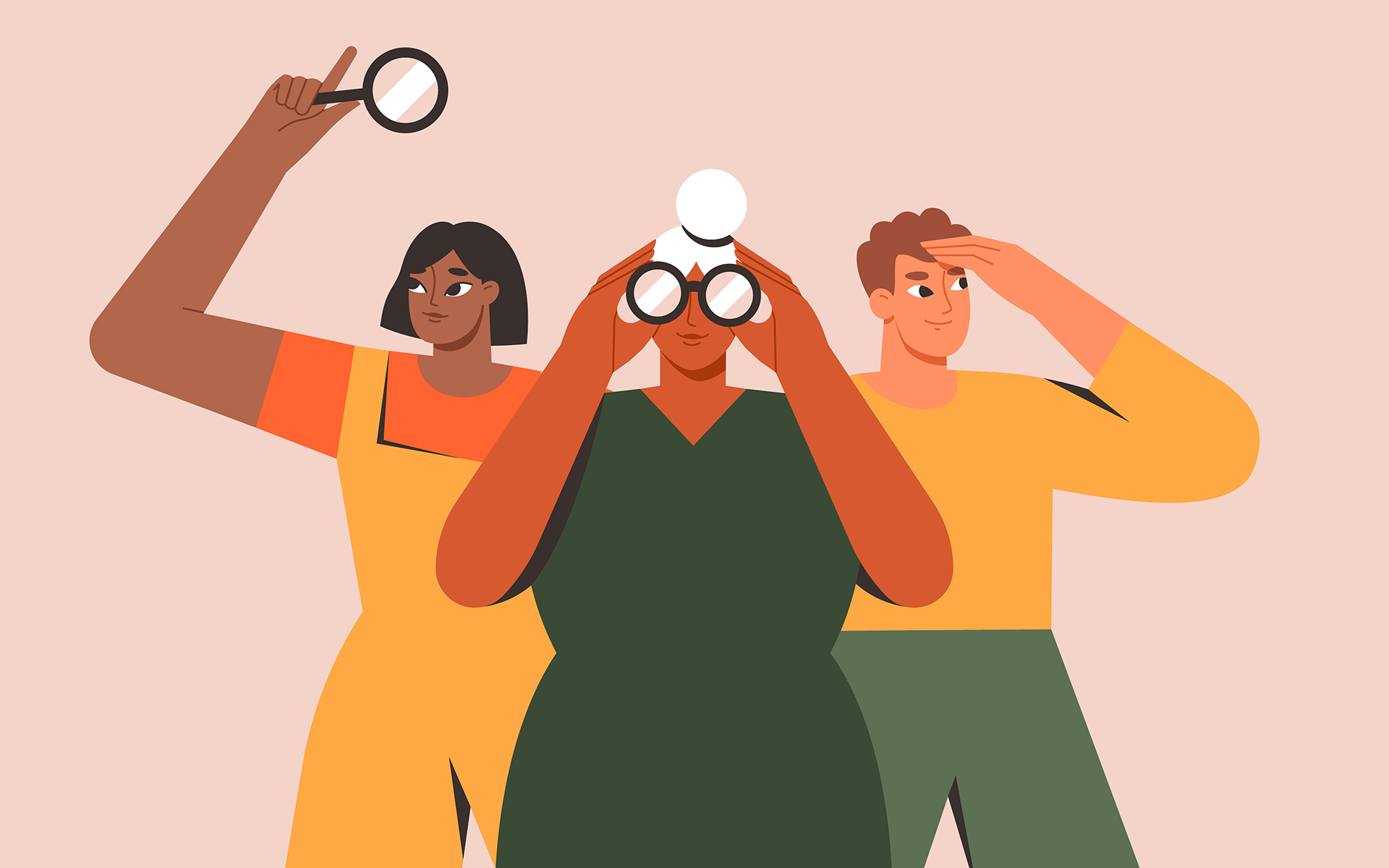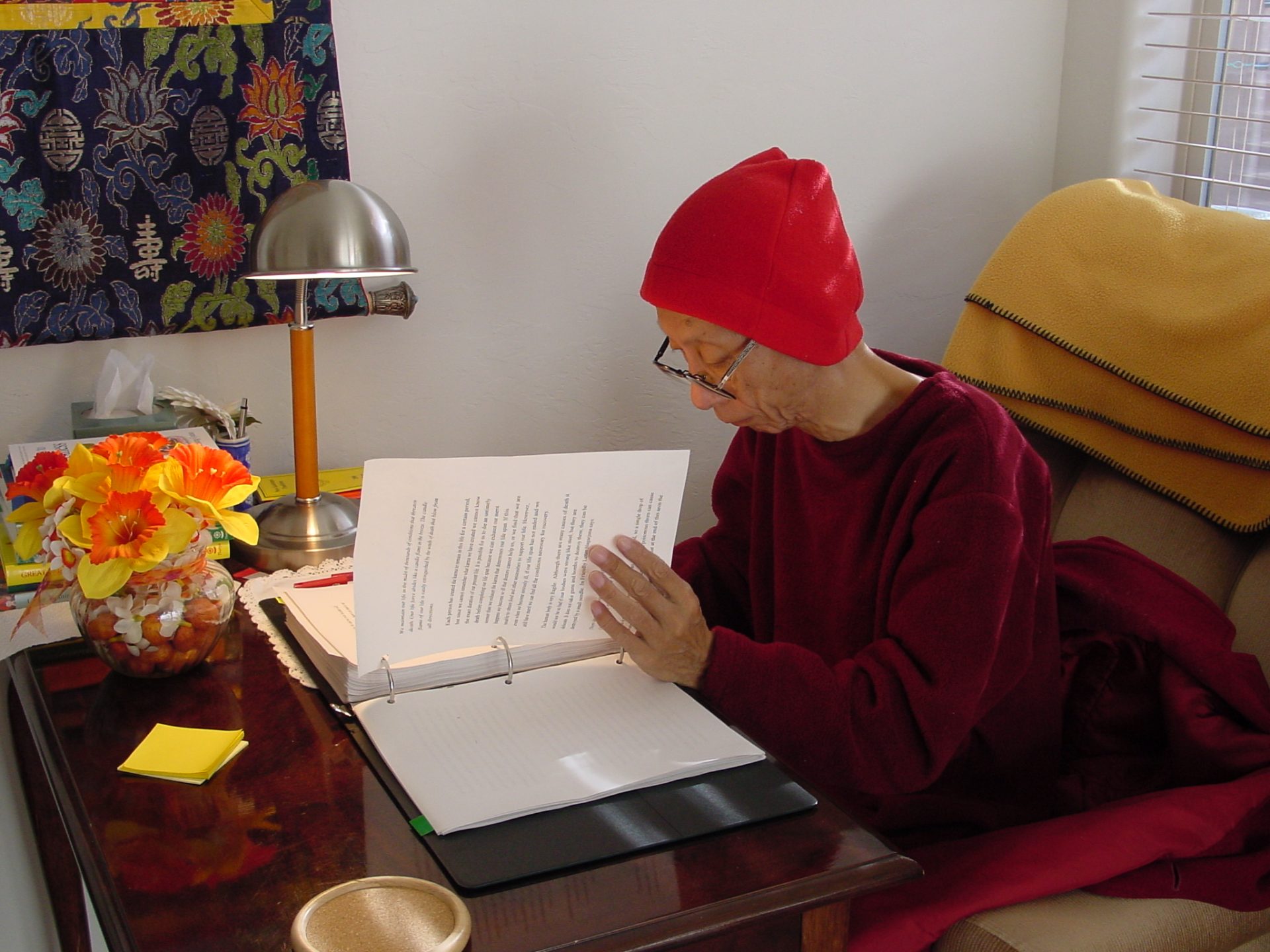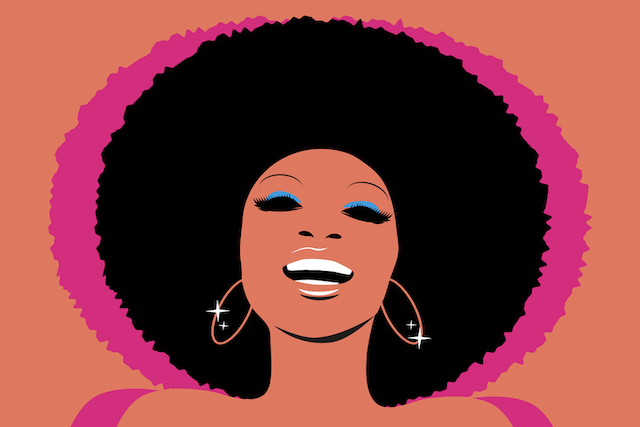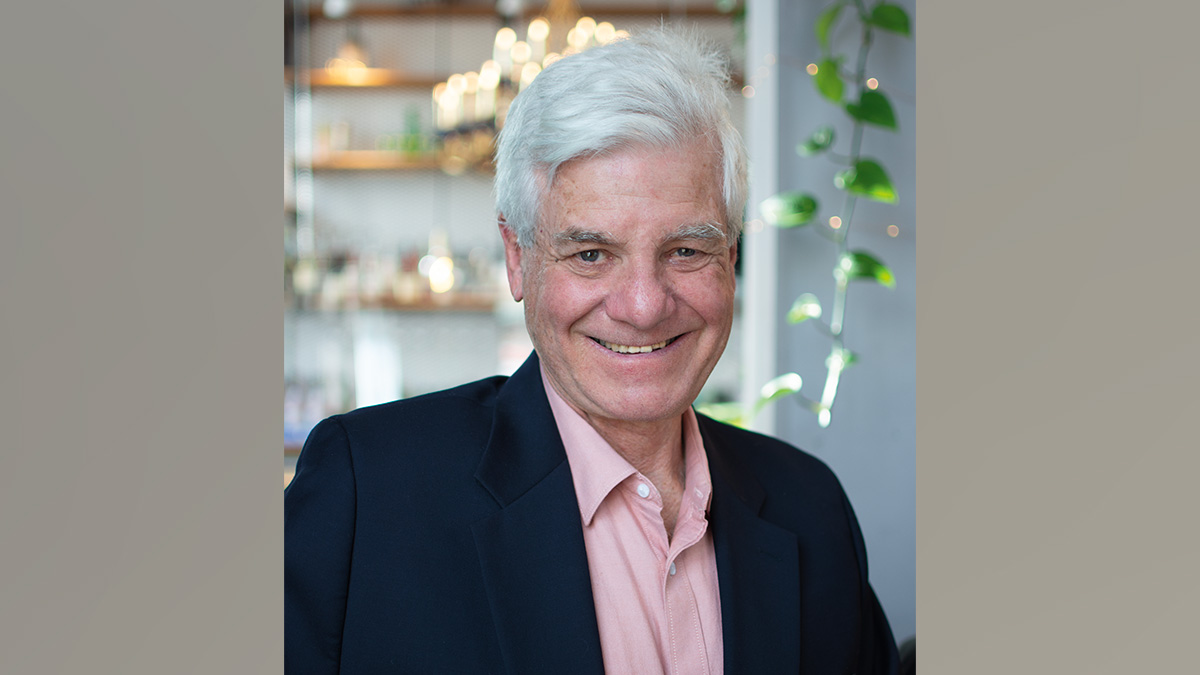Why Do We Turn Away from Joy?
In a recent episode of Tricycle Talks, psychotherapist Mark Epstein explores how our ego can prevent us from experiencing true beauty and joy. The post Why Do We Turn Away from Joy? appeared first on Tricycle: The Buddhist Review.

Trike Daily Tricycle TalksTeachings
In a recent episode of Tricycle Talks, psychotherapist Mark Epstein explores how our ego can prevent us from experiencing true beauty and joy.
By Mark EpsteinMar 02, 2022 Photo by Dorothea OLDANI on Unsplash
Photo by Dorothea OLDANI on UnsplashPsychotherapist Mark Epstein is often asked how he incorporates his Buddhist practice into his therapy sessions. His latest book offers an answer to that question. In The Zen of Therapy: Uncovering a Hidden Kindness in Life, Epstein documents dozens of therapy sessions over the course of a year, tracing the Buddhist themes that arise. Weaving together psychoanalytic theory, Zen poetry, and the music of John Cage, Epstein presents a compelling model of therapy as spiritual friendship.
In a recent episode of Tricycle Talks, Editor-in-Chief James Shaheen sat down with Epstein to discuss the improvisational nature of therapy, composer John Cage, and why we turn away from joy. Read an excerpt from their conversation below, and listen to the full episode here.
You often refer to the composer John Cage in your work. How does the music of John Cage inform your approach to therapy? As a musician, John Cage was deeply influenced by Buddhist thought. He went to hear D. T. Suzuki teach at Columbia in the early 1950s. Cage said that he wasn’t going to start meditating because he had already decided to devote his life to music and any more sitting would take too much time away from that. So he decided to try to adapt Suzuki’s teachings to his music. He started not to screen out non-musical sounds from musical sounds and instead to hear all sounds as music. I found that deeply inspiring because it’s such a Buddhist notion: not to screen out or push away the unpleasant and not to cling to the pleasant, but instead to help people dig down into themselves and be kinder and more accepting toward themselves. That’s what I’m trying to communicate as a therapist—the idea of not pushing away the unpleasant emotions, feelings, and thoughts and not clinging to the pleasant.
John Cage was playing when I was at Berkeley, and I went with a childhood friend. It was amazing because as all of these sounds began to erupt, many people started getting up and leaving. When I was reading your understanding of Cage, I realized that I was witnessing something there: they were turning away from the sounds in the same way I might turn away from a thought or emotion. When you talk about the quality of mindfulness that you bring to your therapy sessions, it’s a way of letting it all in, not turning away from and not moving toward. And yet it’s so easy to say and so difficult to do. What is it that doesn’t allow us to let it all in? What doesn’t let us let it all in is what the Buddha described in his first noble truth as the universal experience of what’s difficult, or dukkha, generally translated as suffering—mistranslated, really. When you take the word dukkha apart, kha is face, and du means difficult. There’s always something in life, even in a good life, that’s difficult to face, so dukkha is that which is difficult to face. We naturally don’t want to deal with the unpleasant—in the Buddha’s language, with old age, illness, death, separation, and loss. Even for people who get through most of their lives without having to face the unpleasant, there’s still old age, illness, and death. We have to train our minds to be able to do that difficult thing, which is what Cage was trying to show his audience.
In your psychotherapeutic sessions, it seems that both you and the patient are training to allow for what you call the unobstructed flow of emotional energy. It seems very clear to me why I would turn away from the unpleasant, the painful, and anything that reminds me of my mortality. But you also talk about how, counterintuitively, we’re turning away from joy and happiness. Why are we afraid of experiencing joy? That is more mysterious. Why do people pull back from those kinds of feelings? I think there’s a loss of ego or a loss of self or a loss of control that happens when there’s bliss, when there’s joy, even when there’s some simple happiness. To fully experience it requires us to at least momentarily let go of all the defensive ego mechanisms that we’re employing to hold ourselves together in this scary world that we find ourselves in.
That’s one reason. Another reason might be cognitively that those experiences challenge deeply held convictions that we have about ourselves as inadequate, ashamed, insufficient, unworthy, or unable to love. I remember one of my first meditation retreat experiences when I was just watching my breath, and then suddenly, out of nowhere, I was filled with these sensations of love. I had no idea where they came from, and then they were sweeping through me. I’ve been chasing those feelings ever since. It’s not like they happen every time I go on retreat, but it was very profound. I remember Ram Dass, who was one of my early influences, saying, “You’re not who you think you are.” I always love that because I thought I was only who I thought I was. The subtitle of the book is “Uncovering a Hidden Kindness in Life,” and I was thinking a little bit about that experience of love, that lurking within all of us are these capacities for these kinds of experiences.
As you were speaking, I thought of a student of Tibetan Buddhism who was with her teacher driving through the Rockies. Everything around them was quite beautiful. She couldn’t stop saying, “Oh my God, that’s so beautiful,” and her teacher finally turned to her and said, “Is it too much for you?” Because it’s hard to be with something that powerful. It requires that you let go of who you think you are. There’s a famous story in Freud’s writing in a little essay called “On Transience.” It’s one of my favorite things Freud wrote. He’s hiking in the mountains in Switzerland where he used to go in the summer with an unnamed poet (who people say was the German poet Rainer Maria Rilke). The poet couldn’t open to the beauty that was around him, and Freud asked him, “What’s wrong with you?” and tried to figure it out with his psychoanalytic mind. It was the same kind of thing where the beauty of the surround was too overwhelming. Freud ends the essay by asking, “Is a flower that blooms for only a single night any less beautiful?” I thought, wow, what could be more Buddhist than that?
♦

Get Daily Dharma in your email
Start your day with a fresh perspective

Explore timeless teachings through modern methods.
With Stephen Batchelor, Sharon Salzberg, Andrew Olendzki, and more
![]()
Thank you for subscribing to Tricycle! As a nonprofit, we depend on readers like you to keep Buddhist teachings and practices widely available.
This article is only for Subscribers!
Subscribe now to read this article and get immediate access to everything else.
Already a subscriber? Log in.

 Koichiko
Koichiko 
































